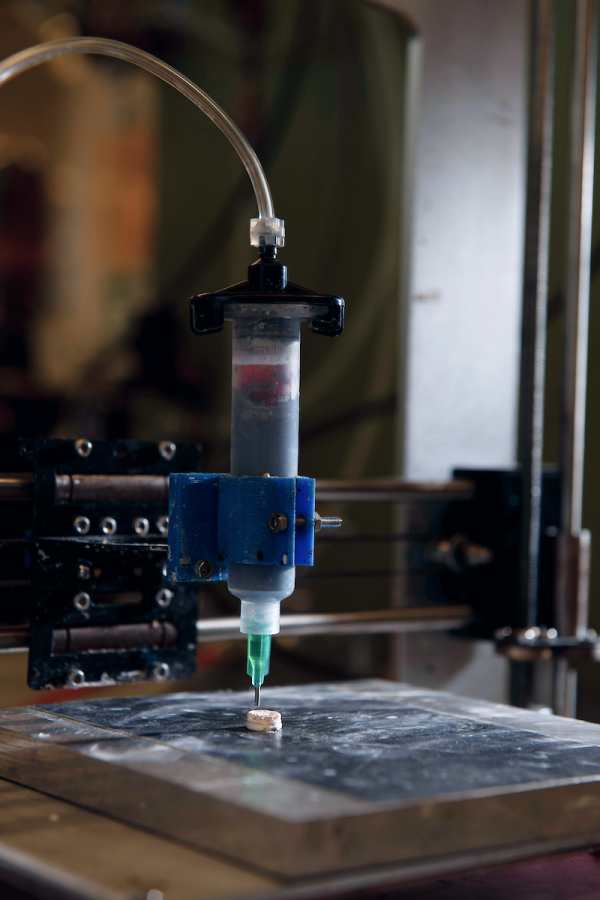PhD in Chemical Engineering
Earn a PhD in Chemical Engineering
With a master’s degree or doctorate in chemical engineering, you could work in a high-tech industry, national laboratory or academic position anywhere in the world.
In this program, you have the opportunity to develop cutting-edge technologies for novel catalysts, innovative drug delivery methods and innovations in green energy.
Want to Know More?
Get info on our program, scholarships, how to visit campus, admissions and more. Take the next step in solving for tomorrow!
Degree Information
Graduate Certificates
Supercharge your career with a graduate certificate! They are open to all persons holding a B.S., M.S., or Ph.D. degree in chemical engineering or a closely allied discipline, including those who are currently accepted into a graduate degree program at Missouri S&T. So what are you waiting for? Skill up and step up your career—seamlessly and efficiently.
Your Career in Chemical Engineering
 Estimated Starting Salary
Estimated Starting Salary
$75,000 - $105,000
.png) Career Pathways
Career Pathways
Chemical Products:
-
-
-
- Biochemical and biomedical
- Polymer materials
- Reaction engineering and catalysis
- New/alternative energy
-
-
Consumer Products:
-
-
-
- Food and nutritional products
- Environmental engineering
- Process systems engineering
- Microelectronics and personal electronics
-
-
Pharmaceutical Industry:
-
-
-
- Particle technology
- Gene therapy
- Drug discover, delivery, and manufacturing
- Separation processes
-
-

Research in Chemical Engineering
Linda and Bipin Doshi Department of Chemical and Biochemical Engineering at Missouri S&T has developed a research infrastructure in the form of computational and experimental facilities that allow both students and faculty to pursue research and gain expertise in a specialized area.
Specialized Areas of Research
- Biochemical and Biomedical Engineering
- Carbon Management
- Energy and Environment
- Materials and Nanotechnology
- Particle Technology and Characterization
- Reaction Engineering
- Transport Phenomena

Research Funding
Research in the department is funded through external grants and contracts from several federal agencies, including the National Science Foundation, the National Institutes of Health, the Department of Energy, the Environmental Protection Agency, various agencies within the Department of Defense, state sources, and a number of companies.

Follow Linda and Bipin Doshi Department of Chemical and Biochemical Engineering